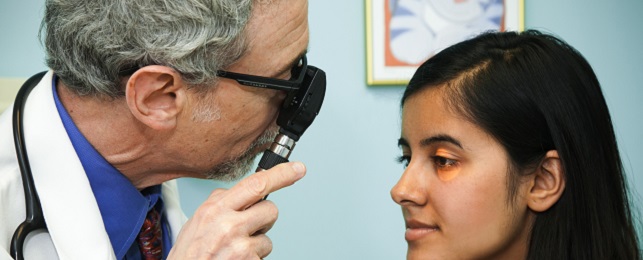
Pediatrics
Pediatrics is the medical specialty concerned with the study and treatment of children in health and disease during development from birth through adolescence. Pediatrics differs from adult medicine in many respects. The obvious body size differences are paralleled by maturational changes. The smaller body of an infant or neonate is substantially different physiologically from that of an adult. Congenital defects, genetic variance, and developmental issues are of greater concern to pediatricians than they often are to adult physicians.
Childhood is the period of greatest growth, development and maturation of the various organ systems in the body. Years of training and experience (above and beyond basic medical training) goes into recognizing the difference between normal variants and what is actually pathological.
Treating a child is not like treating a miniature adult. A major difference between pediatrics and adult medicine is that children are minors and, in most jurisdictions, cannot make decisions for themselves. The issues of guardianship, privacy, legal responsibility and informed consent must always be considered in every pediatric procedure. In a sense, pediatricians often have to treat the parents and sometimes, the family, rather than just the child. Adolescents are in their own legal class, having rights to their own health care decisions in certain circumstances only.
Our Goal
The goal of this department is to prepare medical students, through didactic teaching and clinical training, to provide good primary health care to infants, children and adolescents. We provide mentorship to the students, direct them to appropriate learning resources and motivate them to acquire the essential skills, which would enable them to deliver good health care to the pediatric population. We also support and encourage scholarly activities and community service among our students and faculty.
Courses
Pediatrics presents a course in the M-2 year, delivering lectures on common diseases and disorders of children. We also participate in the Clinical Correlation and Clinical Practicum Courses as they pertain to children. Pediatric lectures are delivered in other courses as well. There are two required pediatric rotations in the M-3 year of one month each: Ambulatory Pediatrics and Hospital Pediatrics. Students may take several electives in Pediatrics and its specialties in their senior (M-4) year.